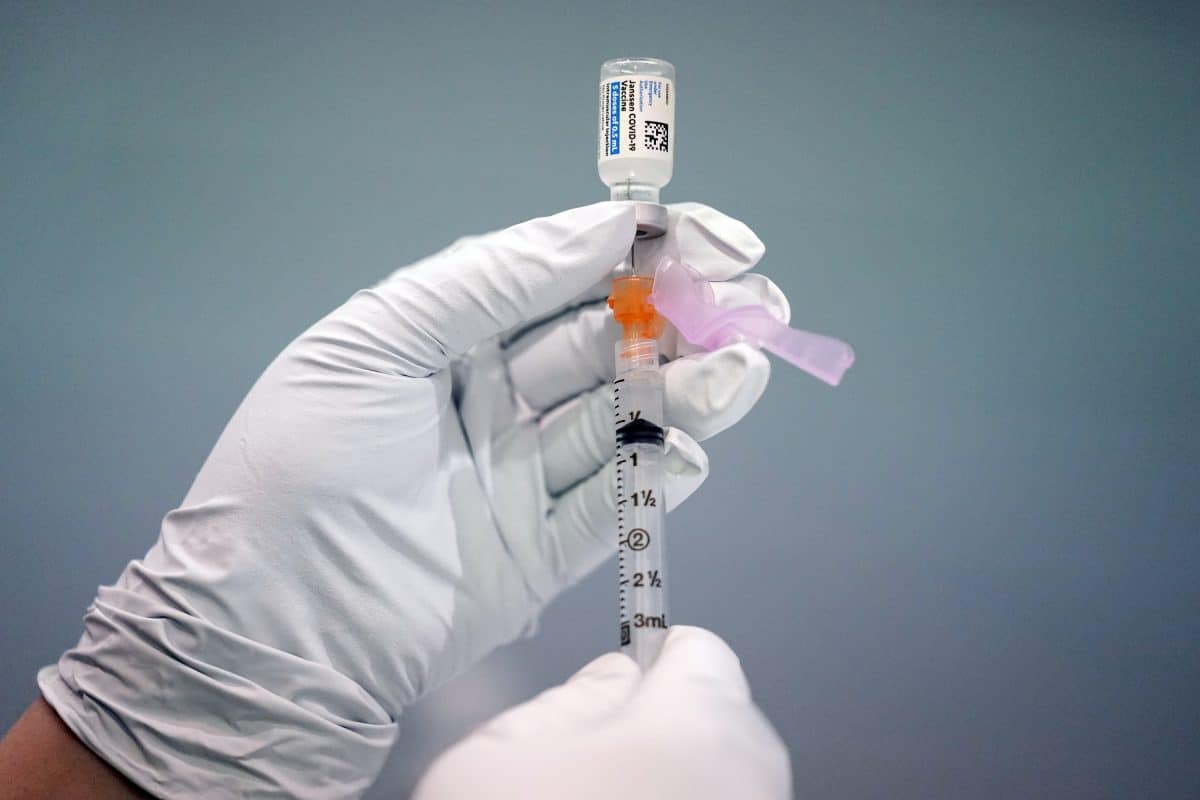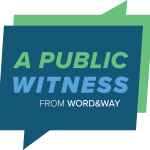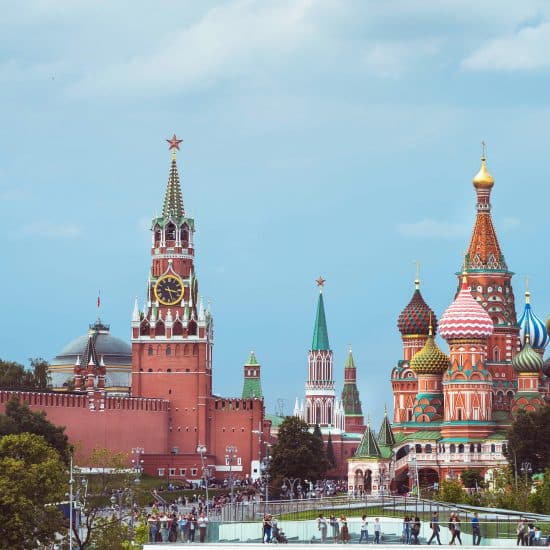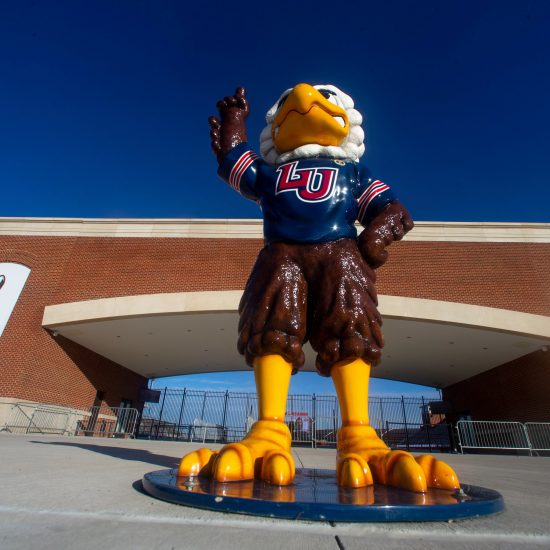
Rev. Henning Jacobson didn’t want to get vaccinated. But the Lutheran pastor in Cambridge, Massachusetts, didn’t raise religious objections. His was a personal fear. Citing a bad reaction to a vaccine he received as a child in Sweden, he claimed a 1902 Cambridge order requiring the smallpox vaccine amid an outbreak violated his personal freedoms.
His repeated refusals to be vaccinated resulted in a $5 fine (the equivalent today of just over $150). Instead of paying, he sued.
The case eventually made it to the U.S. Supreme Court, which handed down a 7-2 ruling in February 1905 against the minister. The justices argued that our personal liberty secured by the U.S. Constitution “does not import an absolute right in each person to be, at all times and in all circumstances, wholly freed from restraint.” Rather, there are times when such restraints are necessary “for the common good.” Otherwise, it could lead to “the welfare and safety of an entire population being subordinated to the notions of a single individual” who refuses public health measures.
“On any other basis, organized society could not exist with safety to its members,” the justices added. “Society based on the rule that each one is a law unto himself would soon be confronted with disorder and anarchy.”
The ruling affirmed the law requiring individuals to get vaccinated or pay a fine. Jacobson chose the latter option. The U.S. went on to eliminate smallpox through vaccination by 1950, with global eradication occurring over the next three decades. Vaccine science worked.
The legal impact of the case Jacobson v. Massachusetts outlived smallpox — as did, unfortunately, the anti-vax movement. The Supreme Court (and other courts across the country) have reaffirmed the ruling, including some decisions already in legal fights against COVID-19 health measures. Despite the seemingly settled nature of this question, each generation over the past century revisited this topic. And after President Joe Biden’s announcement last week of sweeping new vaccination rules, the next phase of this legal debate is set to begin.
 While neither Rev. Jacobson nor the high court provided religious grounding for their vaccination positions, the topic of vaccine mandates and the implications thereof demand thoughtful Christian consideration. In this issue of A Public Witness, we take a shot at exploring Biden’s new vaccine rules not as partisans, or even as citizens, but as followers of Jesus. Although we’ve advocated for Christians to voluntarily get vaccinated, government mandates raise additional moral issues warranting our consideration.
While neither Rev. Jacobson nor the high court provided religious grounding for their vaccination positions, the topic of vaccine mandates and the implications thereof demand thoughtful Christian consideration. In this issue of A Public Witness, we take a shot at exploring Biden’s new vaccine rules not as partisans, or even as citizens, but as followers of Jesus. Although we’ve advocated for Christians to voluntarily get vaccinated, government mandates raise additional moral issues warranting our consideration.
NOTE: The rest of this piece is only available to paid subscribers of the Word&Way e-newsletter A Public Witness. Subscribe today to read this essay and all previous issues, and receive future ones in your inbox.


